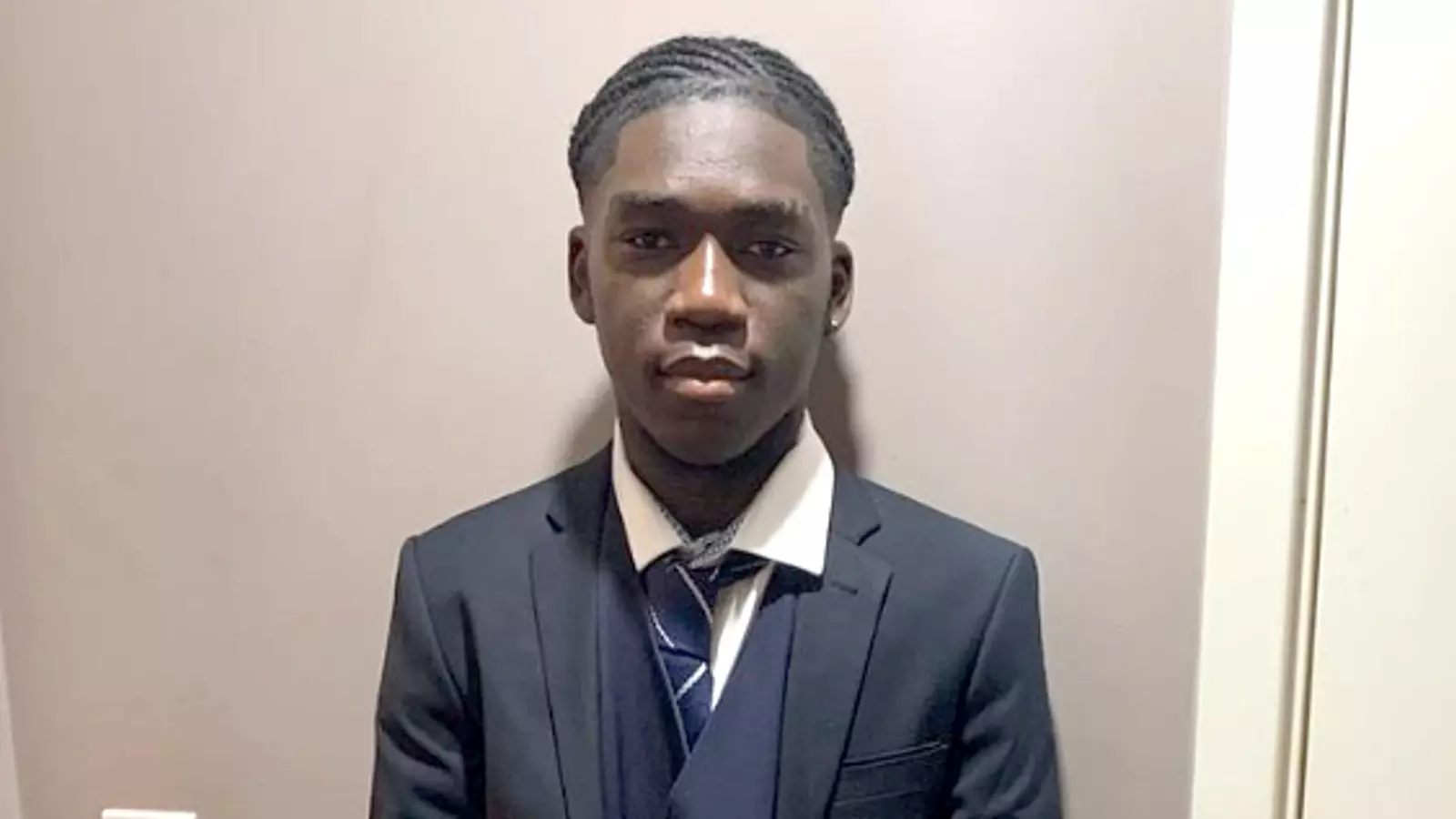An 18-year-old British citizen, Marcus Fakana, is currently enduring the repercussions of a romantic relationship that crossed borders. The situation unfolded during a family vacation in Dubai, where he met a 17-year-old girl from London. Their budding romance, initially kept clandestine due to the girl’s strict family environment, turned into a legal nightmare upon their return to the UK. The girl’s mother discovered their private exchanges and promptly reported them to Dubai authorities, leading to Marcus’s arrest and subsequent imprisonment for a year in the UAE.
The reaction of the British government in this case has sparked significant concern and criticism. Advocates from the campaign group Detained In Dubai have vocalized their frustrations, describing the treatment of Fakana as disgraceful. It raises serious questions about the responsibilities of government officials regarding the safety and welfare of citizens abroad. Marcus has expressed feelings of abandonment, implying that the British Foreign Office may not be doing enough to assist him and his family during this distressing time. They have urged Foreign Secretary David Lammy to intervene. Yet, the responses from the Foreign Office remain diplomatic, rather than assertive, indicating a tendency to tread lightly in foreign jurisdiction matters.
Dubai is renowned for its stringent legal regulations, particularly concerning personal relationships and sexual conduct. The UAE sets the age of consent at 18 and enforces this law rigorously, often underlining the vast cultural differences that exist between Western norms and those in the Middle East. The facts surrounding this case reveal how vital it is for travelers to understand the local laws of the countries they visit. The legal classification of the girl as a minor in the eyes of UAE law further complicates matters and cements the harsh reality that romantic relationships can often result in severe legal consequences, especially in places with stringent social norms.
Raising parallels with other incidents involving foreign nationals in Dubai adds another layer of complexity. A previous case involving an Irish cabin crew member charged with attempted suicide illustrates how the Dubai legal system can respond to seemingly innocuous situations that escalate into serious legal battles. In such cases, media and political advocacy played a crucial role in securing the individual’s release. It begs the question: will the exposure of Marcus’s case through social media and news outlets have a similar effect, or will it highlight a systemic issue within international legal affairs?
The situation surrounding Marcus Fakana is a stark reminder of the necessity for cultural sensitivity and awareness of international laws. As he prepares to appeal the sentence, it remains crucial for both him and his family to harness all available resources while navigating the legal labyrinth of an unfamiliar judicial system. This case serves as a compelling call to action for young travelers to educate themselves deeply about the implications of their actions in foreign territories, as well as an appeal for governmental bodies to enhance the support mechanisms for their citizens facing international legal challenges. The outcome will not only affect Marcus but may also influence how similar cases are handled in the future, highlighting the intersection of romance, legality, and cultural discrepancies on a global stage.


Leave a Reply